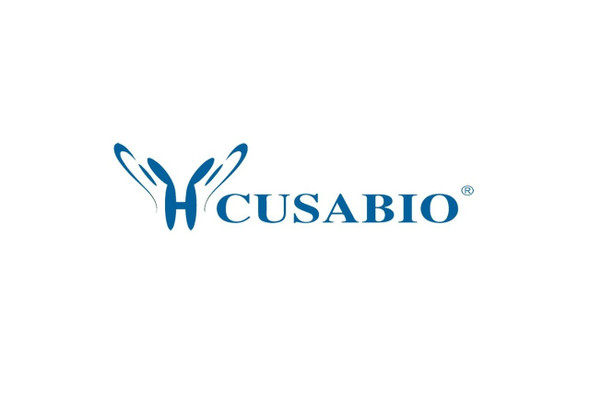Cusabio Polyclonal Antibodies
MOB1A Antibody | CSB-PA872519HA01HU
- SKU:
- CSB-PA872519HA01HU
- Availability:
- 3 to 7 Working Days
Description
MOB1A Antibody | CSB-PA872519HA01HU | Cusabio
MOB1A Antibody is Available at Gentaur Genprice with the fastest delivery.
Online Order Payment is possible or send quotation to info@gentaur.com.
Product Type: Polyclonal Antibody
Target Names: MOB1A
Aliases: MOB kinase activator 1A (Mob1 alpha) (Mob1A) (Mob1 homolog 1B) (Mps one binder kinase activator-like 1B), MOB1A, C2orf6 MOB4B MOBK1B MOBKL1B
Background: Activator of LATS1/2 in the Hippo signaling pathway which plays a pivotal role in organ size control and tumor suppression by restricting proliferation and promoting apoptosis. The core of this pathway is composed of a kinase cascade wherein STK3/MST2 and STK4/MST1, in complex with its regulatory protein SAV1, phosphorylates and activates LATS1/2 in complex with its regulatory protein MOB1, which in turn phosphorylates and inactivates YAP1 oncoprotein and WWTR1/TAZ. Phosphorylation of YAP1 by LATS1/2 inhibits its translocation into the nucleus to regulate cellular genes important for cell proliferation, cell death, and cell migration. Stimulates the kinase activity of STK38 and STK38L. Acts cooperatively with STK3/MST2 to activate STK38.
Isotype: IgG
Conjugate: Non-conjugated
Clonality: Polyclonal
Uniport ID: Q9H8S9
Host Species: Rabbit
Species Reactivity: Human
Immunogen: Recombinant Human MOB kinase activator 1A protein (2-216AA)
Immunogen Species: Human
Applications: ELISA, WB, IHC, IF, IP
Tested Applications: ELISA, WB, IHC, IF, IP; Recommended dilution: WB:1:2000-1:5000, IHC:1:100-1:1000, IF:1:200-1:500, IP1:200-1:2000
Purification Method: >95%, Protein G purified
Dilution Ratio1: ELISA:1:2000-1:10000
Dilution Ratio2: WB:1:2000-1:5000
Dilution Ratio3: IHC:1:100-1:1000
Dilution Ratio4: IF:1:200-1:500
Dilution Ratio5: IP1:200-1:2000
Dilution Ratio6:
Buffer: Preservative: 0.03% Proclin 300
Constituents: 50% Glycerol, 0.01M PBS, PH 7.4
Form: Liquid
Storage: Upon receipt, store at -20°C or -80°C. Avoid repeated freeze.
Initial Research Areas: Signal Transduction
Research Areas: Cancer;Signal transduction

















